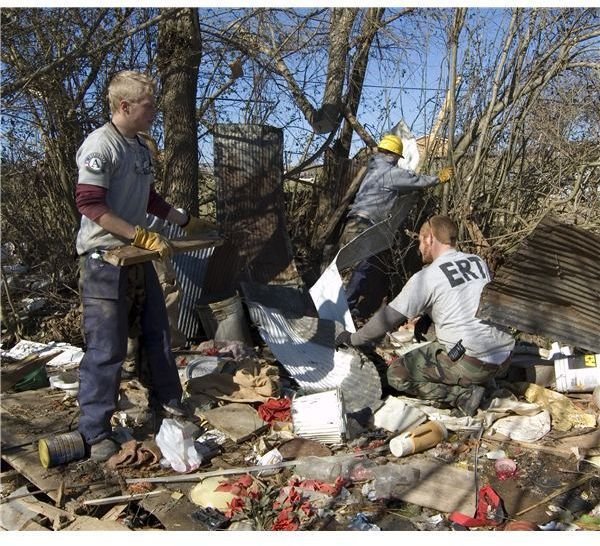Unique Lesson Plan: Push Your Gifted Students to Independent Critical Thinking
Teaching the Basics
Objective: to encourage independent critical thinking to gifted students through objectivity, open-mindedness, analysis, discerning
bias and honesty.
Prior Knowledge: Brainstorm with students what they know about the process of thinking. Make a mind map of their answers. Encourage them to think of all the aspects of the thinking process.
Discussion before assignment: Give students a handout on critical thinking (click here). Discuss with the students the various aspects of critical thinking. Ask them to give you examples for each.
Assignment: Using the handout and the information discussed prior to the assignment, find two opposing examples of opinions in advertising. For instance, an ad where a woman is objectified and an ad where a woman is held in esteem, or an ad that promotes the image of privilege and an ad that shows concern for the underprivileged.
-
Make a list of how each ad proves the point of view of the advertiser. Do they use the same strategies? How do they differ?
-
Research the advertiser. What is their purpose for the ad? Is it successful? Whom are they targeting?
-
Write an opinion paper on the two ads. Do not forget to explain how you came to your conclusions. Show facts to justify your opinions.
Bringing Learning Into Life
After the opinion paper is written, ask students to pick an issue they feel passionately about. Have them create their own ad campaign for that issue. Have them discuss how they will reach others, why they feel others will want to know about the issue, who they will be trying to reach, what information they think is important to share, where and when they think their ad(s) will need to be publicized.
This part of the assignment should take several weeks. Have students work independently or in small groups. Allow them time to research. Use this timetable.
- Week one: submit a proposal for your ad campaign
- Week two: have a draft of ad with photos (like the one below of AmeriCorp volunteers cleaning up in Tennessee), a logo or badge, handouts and proposed give-a-ways
- Week three: have a proposed unveiling ready suggesting time and place (This can anything from a table in the cafeteria during lunch hour or a full assembly for the school.)
- Week four: have ad campaign finished and ready for the public

After the presentation of their ad campaigns, have students write a reflection paper on the process. They should be able to answer the questions:
- Was this campaign successful?
- What worked?
- What didn’t work?
- What could I do differently?
- Was there any information I missed or was unable to discuss with the public?
- What can I predict will be the outcome of the campaign?
Critically Thinking
Remember, the purpose of this lesson plan - encourage independent critical thinking; gifted students should be given every opportunity to work without the intersession of the teacher. Grasping the concepts of critical thinking will help students build the skills to become thoughtful and capable adults.
Resources:
Socratic Questioning adapted from Richard Paul, Critical Thinking
Photo: Wikicommons
